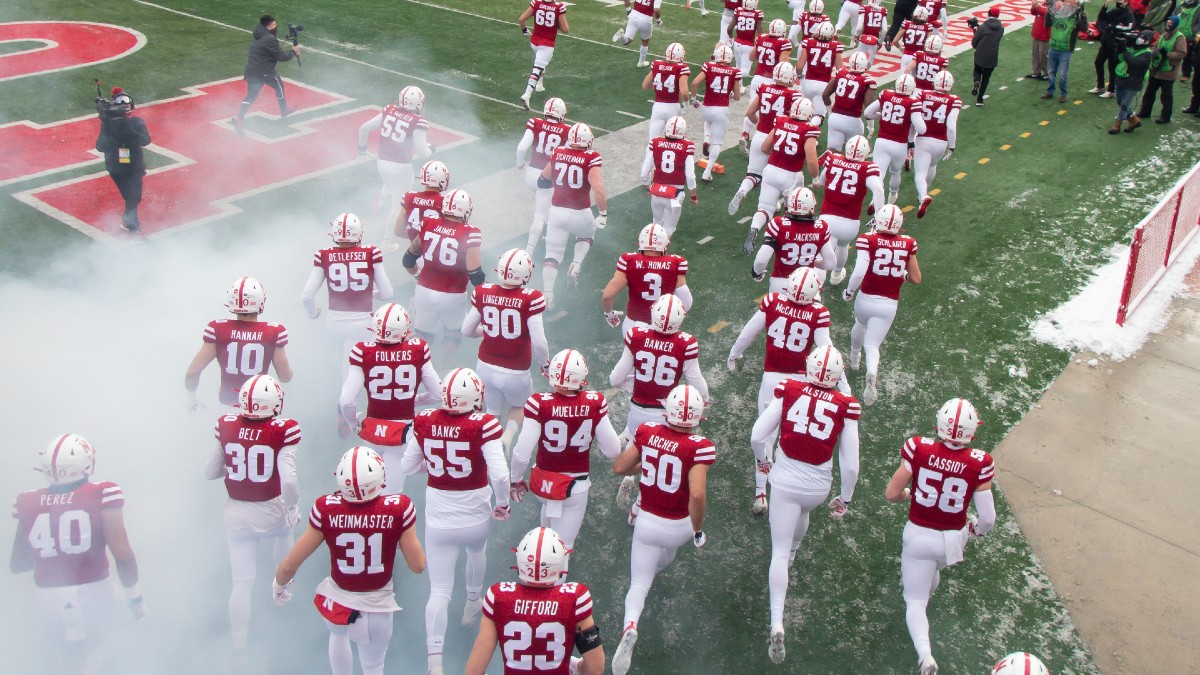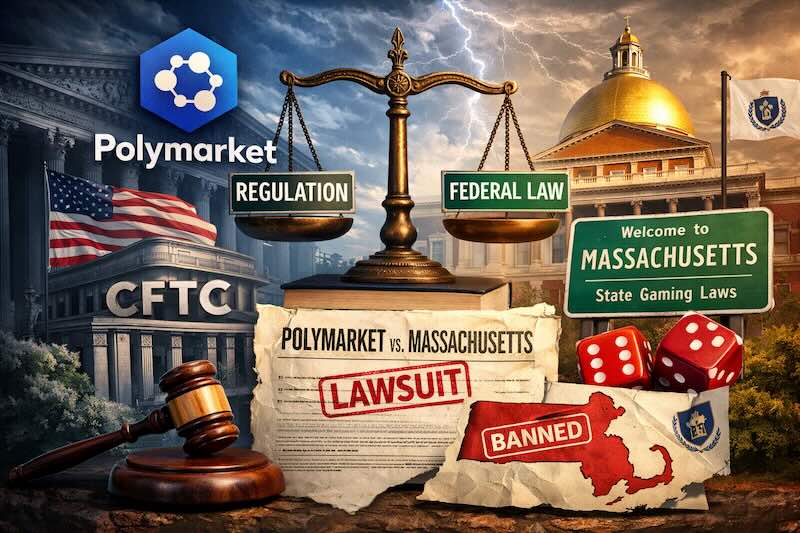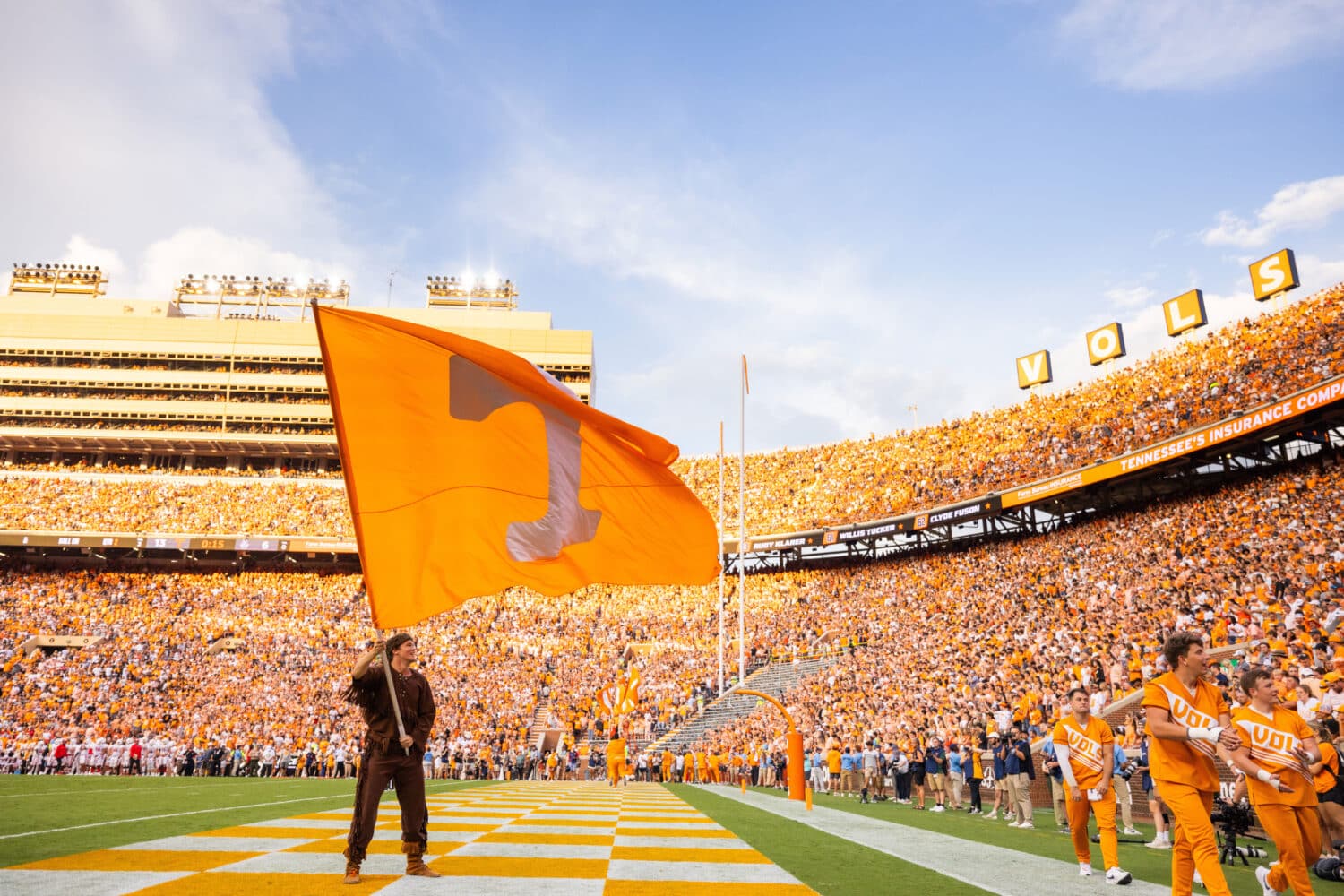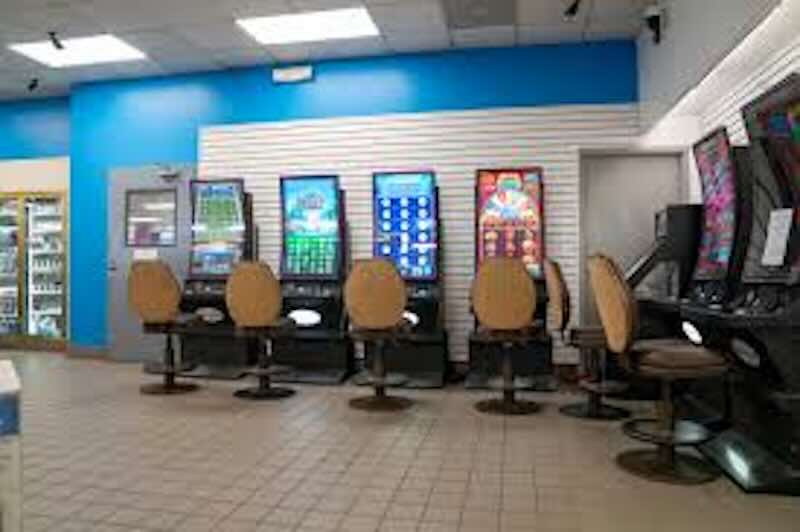
Senator Miller presents Minnesota Sports Betting Act 3.0
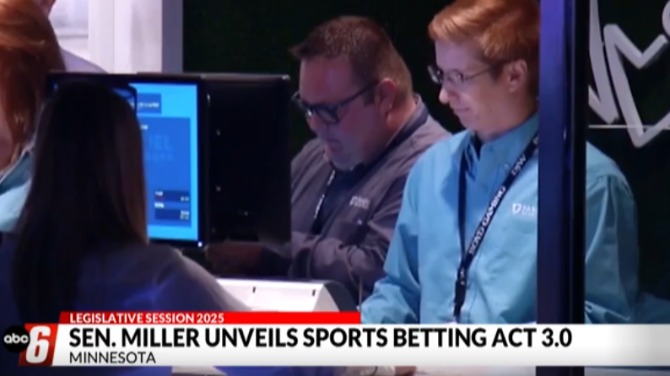
Key Points
- Sports betting is illegal in Minnesota
- This version of the proposal would allow 11 Minnesota Tribes to hold operating licenses for retail and mobile sports wagering operations
Minnesota State Senator Jeremy Miller has presented an updated proposal to bring legal sports wagering to the state.
In his latest version, Minnesota Sports Betting Act 3.0, Miller has attempted to “build on the bipartisan cooperation and momentum from last session and aims to bring together stakeholders and legislators from both sides of the aisle to legalize sports betting in Minnesota.”
Along with the District of Columbia, 38 states have legal and regulated sports betting markets in place.
Senator Miller commented, “Minnesota continues to miss out on what is now a $150 billion industry. We were on the brink of success last year; I strongly believe 2025 could be the year we get this across the finish line.
“This updated proposal combines ideas from the last two versions of my Minnesota Sports Betting Act along with proposals from other sports betting bills that have made progress in the legislature. It also includes ideas brought forward by constituents and stakeholders. The goal of this proposal is to bring folks together to work toward a bipartisan solution to legalize sports betting in Minnesota.”
Good to know: However, Minnesota is not one of them.
In a breakdown of the new legislation, this would permit the state’s 11 Tribes to have a license for retail and mobile sports betting operations.
Licensees would be taxed 20% on revenue, which could generate nearly $80m in revenue per year, according to recent estimates.
The state would split the incoming tax revenue between charitable gaming tax relief (50%), bringing major sporting events to the state (25%), enhancing statewide horseracing (20%), offering problem gambling and mental health support (2.5%) and for grants to support youth sports (2.5%).
In related news, the state of Missouri will soon become the 39th to open a legal market, pending the establishment and approval of state regulations.
Tags/Keywords
Players trust our reporting due to our commitment to unbiased and professional evaluations of the iGaming sector. We track hundreds of platforms and industry updates daily to ensure our news feed and leaderboards reflect the most recent market shifts. With nearly two decades of experience within iGaming, our team provides a wealth of expert knowledge. This long-standing expertise enables us to deliver thorough, reliable news and guidance to our readers.


